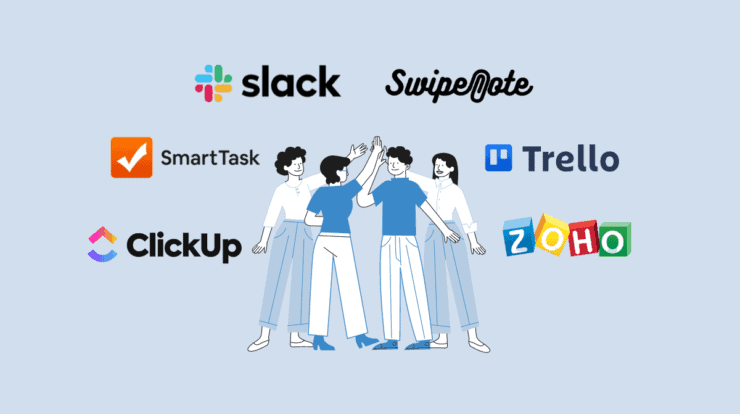
Vast volumes of data are being generated in the digital world every day. All this information is a valuable source for different businesses, regardless of their industry, but you need to be fast and methodical.
That’s why companies use web scraping tools to do this quickly in an automated fashion. However, a lot of websites have a variety of security layers that prevent scraping. It results in ineffective scrapers not gathering desired data or gathering partial information that’s useless.
The best way to deal with these blocks is to use web proxies. Here’s what you need to know.
Three main proxy types
When you Google “web proxy”, chances are that you’ll find dozens of different types of proxies. They all have their pros and cons because they are designed for different uses. When it comes to web scraping, there are three main proxy types to consider.
Datacenter proxies
These proxies give you anonymity and IP authentication coming from a third-party provider. They aren’t associated with internet service providers. Datacenter proxies are often offered by cloud providers and are shared by multiple users.
In other words, someone else might be using the same IP as you are. It can result in blocks or your IP being already flagged before you’ve even visited a certain site. These proxies are the most common option and are entirely independent of your ISP and your connection.
That makes them ideal for hiding your IP address and not being tracked by anyone. However, it doesn’t mean you can’t get blocked. These proxies are generally faster than residential proxies.
Residential proxies
These web proxies are directly connected to physical addresses in the real world. That’s why these proxies are so difficult to block or ban. In other words, they are the same as your real IP address but from someone else.
The IP address provided by residential proxies comes from an internet service provider instead of data centers. Because of this, residential proxies are recognized as real people, and they are almost impossible to block.
In general, when you are looking for residential proxies, the provider will give you a list of addresses to choose from. Even though they can’t be blocked, these proxies are slower compared to datacenter proxies.
Static residential proxies
Static residential proxies bring the best of two worlds. They give the high-grade anonymity level of residential proxies combined with datacenter proxy speeds. Static proxies have IPs coming from data centers that are assigned through an ISP.
The static part of these proxies refers to their ability to act as residential users using a single IP for the desired period. In other words, these are data center proxies that act like residential proxies. Not only do they bring the best of both, but there’s also no need for IP rotation, making them simpler to use. Make sure not to miss one of the most reliable static residential proxies on the market and view website.
Best uses for each proxy type
Datacenter proxies
Overall, data center proxies are great for applications where speed is essential. Broad-range market research is one of those uses, as it’s important to check different countries and markets to get the big picture.
They are also great for competitive research and checking ads. The fact that users can quickly change their countries for different target audiences can be really valuable. Finally, these proxies are often used for checking out product prices for different countries and regions.
Residential proxies
Overall, residential proxies are great for web scraping or crawling. They have robust security, and it’s possible to gather a lot of reliable data without being blocked or someone figuring out what data you are scraping.
Ad verification is also one of the common uses for residential proxies. They allow different location testing while avoiding blocking and geo-restrictions. You can also use them for recognizing fraud ads without revealing business identities.
Static residential proxies
Social media managers often use static residential proxies because changing IP addresses could often get their profiles blocked by the social network. They are also great for going through e-commerce sites as they often show different data based on IP.
Static proxies are often used for extensive marketing research when it’s required to check data coming to one single user. Overall they are great for all uses where companies need to do their work from a single IP address over a long period while having incredible anonymity and speed.
Conclusion
We hope this post has helped you understand the fundamental differences between these proxy types. It’s essential to assess your needs and potential uses for proxy solutions before making a choice. In the end, remember to check the proxy provider because not all of them are reliable.


